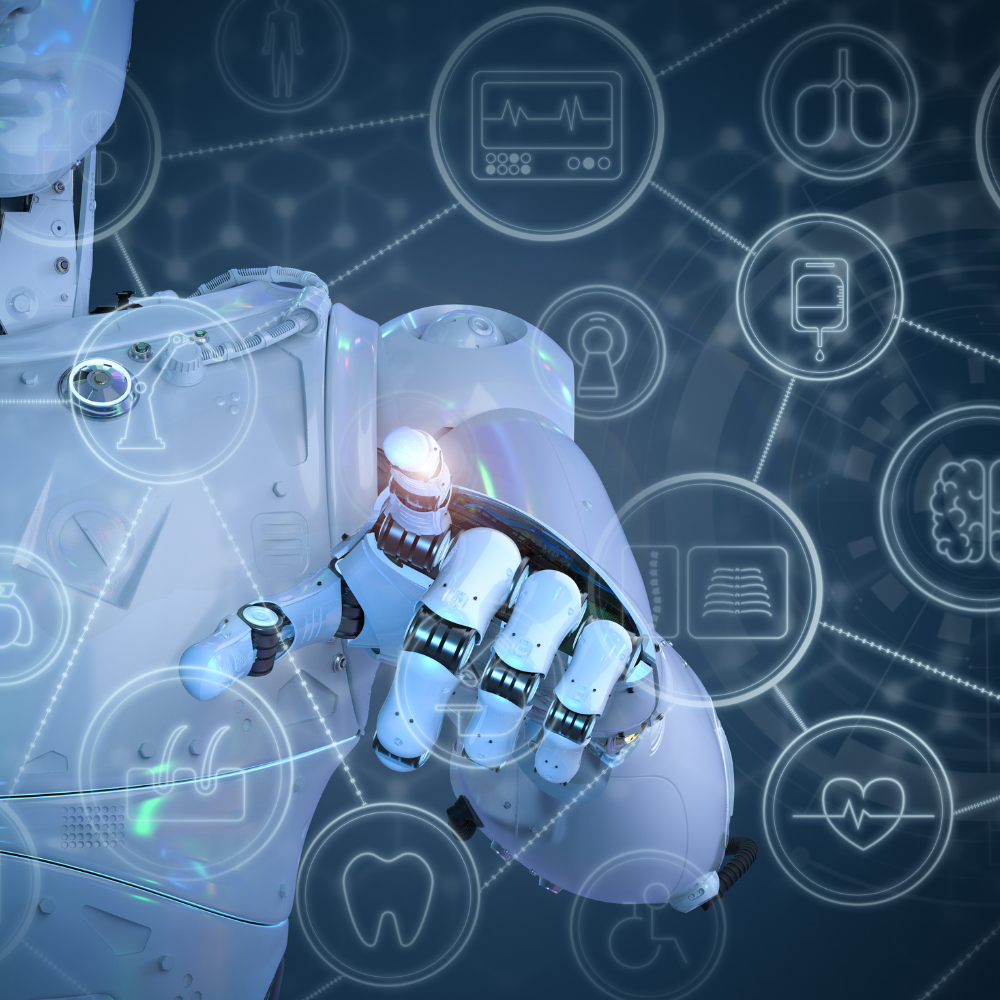The Crucial Role of Machine Learning and AI in Transforming Healthcare

In the rapidly evolving landscape of healthcare, the integration of Machine Learning (ML) and Artificial Intelligence (AI) technologies has emerged as a transformative force, promising to revolutionize the way we approach medical diagnostics, treatment, and patient care. This powerful combination holds the potential to significantly improve efficiency, accuracy, and overall outcomes within the healthcare industry.
- Enhanced Diagnostics:
One of the primary contributions of ML and AI in healthcare is the ability to enhance diagnostics. These technologies can analyze vast amounts of medical data, including patient records, imaging, and genomic information, to identify patterns and trends that may go unnoticed by human practitioners. Early detection of diseases and precise diagnosis enable timely interventions, ultimately saving lives and reducing healthcare costs.
- Personalized Treatment Plans:
ML and AI algorithms can process and interpret patient data to create personalized treatment plans tailored to an individual's unique genetic makeup, lifestyle, and medical history. This shift from a one-size-fits-all approach to personalized medicine ensures more effective treatments with fewer side effects, maximizing the chances of successful outcomes.
- Predictive Analytics for Preventive Care:
By analyzing historical patient data, AI and ML can predict potential health risks and complications. This proactive approach enables healthcare providers to implement preventive measures, reducing the likelihood of disease progression and hospital admissions. Predictive analytics also play a crucial role in managing chronic conditions, allowing for timely interventions and improved quality of life for patients.
- Streamlining Administrative Processes:
Beyond clinical applications, ML and AI can streamline administrative tasks within healthcare institutions. Automating routine processes such as appointment scheduling, billing, and claims processing not only reduces the burden on administrative staff but also minimizes errors, leading to more efficient healthcare operations.
- Drug Discovery and Development:
The drug discovery process, historically a time-consuming and resource-intensive endeavor, has been revolutionized by AI. Machine learning algorithms can analyze vast datasets to identify potential drug candidates, significantly speeding up the research and development process. This acceleration has the potential to bring life-saving medications to market more rapidly and cost-effectively.
- Remote Monitoring and Telehealth:
In the wake of global events such as the COVID-19 pandemic, the importance of remote healthcare solutions has become increasingly evident. AI-powered remote monitoring devices and telehealth platforms allow healthcare professionals to monitor patients in real-time, facilitating early intervention and reducing the need for in-person visits. This not only improves patient access to care but also helps alleviate the strain on healthcare infrastructure.
The integration of Machine Learning and Artificial Intelligence technologies in healthcare marks a paradigm shift in the industry. The potential benefits, from improved diagnostics to personalized treatment plans and streamlined administrative processes, hold the promise of a more efficient, effective, and patient-centered healthcare system. As these technologies continue to advance, the future of healthcare looks increasingly bright, with the potential to save lives, reduce costs, and improve overall well-being on a global scale. Embracing and investing in these innovations is not just an option but a necessity for a healthier and more sustainable healthcare future.






